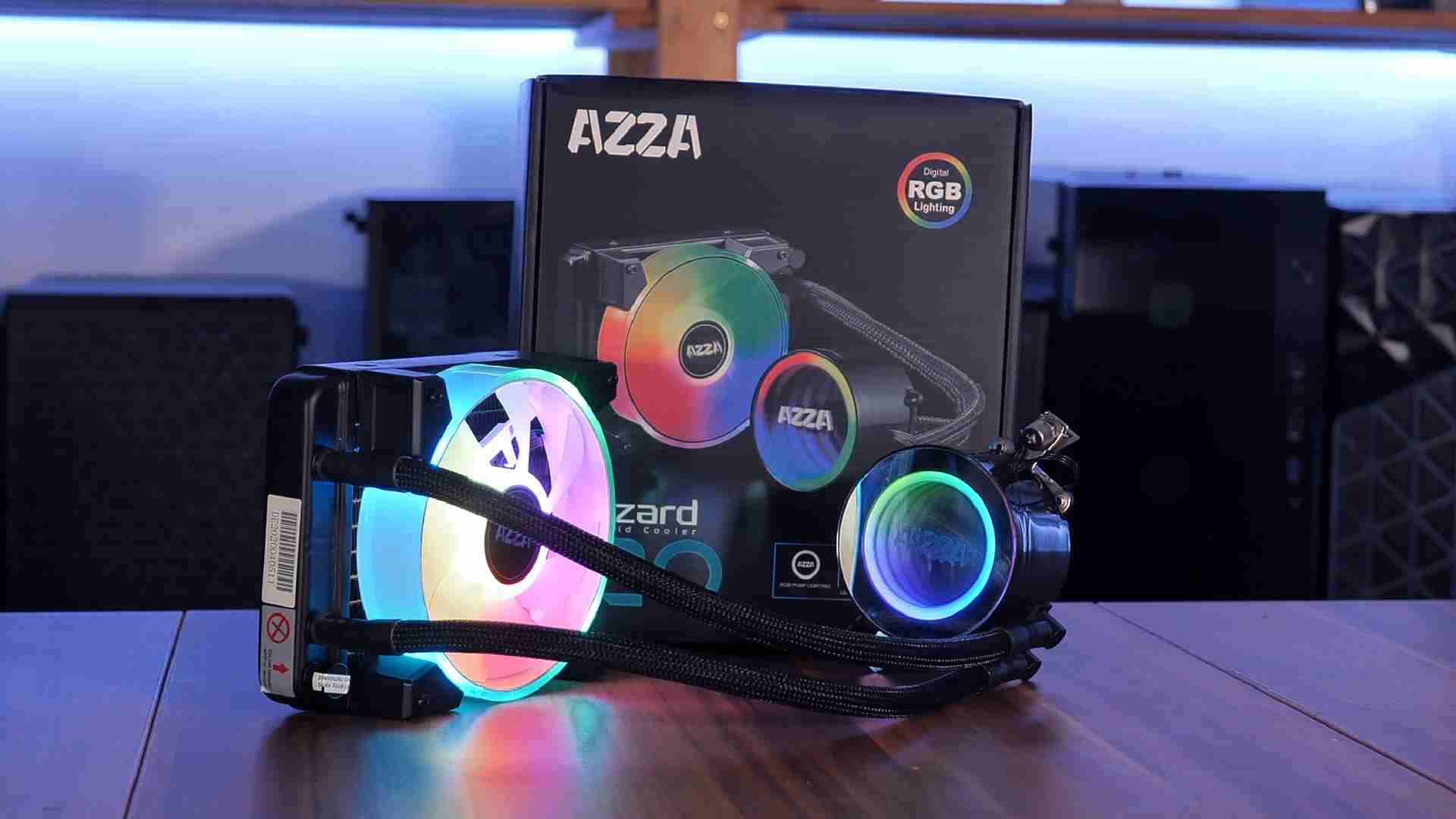Silent Wings 4 PWM 120mm Review
Introduction
Spinning at 1600RPM, the Silent Wings 4 120mm PWM promises to be the ideal case fan. With multiple mounting mechanics and near-unhearable noise omission, it seems to be the perfect candidate to pump air into your case! Let's find out if it can keep up with other fans or if the High-Speed version is the better deal
Positive
- Excellent Noise-to-Performance
- Multiple Installation Methods
Neutral
- All-Black/Matt-Black Design
Negative
- The PWM header is "okay" but be quiet's could have used the same as on the Pro-line
- 0 Performance overhead
What's in the box?

be quiet!'s newest iteration of their Silent Wings series comes in an almost identical package as the previous versions. Some imagery and specs with a grey stripe to make sure that you know you went for the high-end line.

Inside the box, the Fan is wrapped in its own smaller carton box with an additional accessories box above it.
The accessories box contains an additional pair of mounting corners and the installation hardware in form of push-pins and fan screws, more bout that in the installation section
Down below we added a summary of the Silent Wing 4 PWM's specs:
| Name | be quiet! Silent Wings PWM 120mm |
| Size | 120x120x25mm |
| Speed | <=1600RPM |
| Airflow | 48.7CFM |
| Static Pressure | 1.79mm/H2O |
| Noise | <18.9dBa |
| Connection | PWM |
| Bearing | Fluid Dynamic Bearing |
| RGB | Of course not |
Installation

Installing a Silent Wings fan was always a matter of choice.
Out-of-the-box, the new Silent Wings 4 comes with the push-pin corners pre-installed. This installation mechanic is ideal to be used in a case fan scenario as the rubber on them can act as an additional damper to remove even more vibrations. In order to install the fan using this method, we simply need to position it behind or in front of the case's fan bracket and push the pins found in the accessories box through each corner of the fan. That's it...

The alternative method would be the fan-screw method. Self-explanatory as this is, we first need to replace the existing mounting edges.

For this, simply grab each corner and push in the piece of out sticking plastic which unlocks the lock mechanism. From there, simply pull and they are off.

After positioning the corners on each of the edges of the fan, just push them in and proceed by installing it using the fan screws.
Appearance

Surely the biggest change between the newest and the iteration before that is the fan's overall design. With a new all-black finish with a matt-black central piece, the fan is basically all black and easily integrable into basically any build.

Although we are huge fans of these changes, the design will always be up to the end customer. The Wing design, however, is not. For the first time in a decade, be quiet! ditched their old 7- thick and slightly bent wing design that be quiet! is known for. Now, we are greeted with 9 heavily bent wings, which is more of a static pressure optimized approach. In contrast to the previous version, this new approach makes the fan better perform in use cases that require slightly more static pressure such as filters or strong bends and thin air inlets.

A quickly unnoticed change is that the fan is now actually round. The previous Silent Wings 3 line had an inlet and outlet in octagonal form. The new Silent Wings 4 on the other hand, is round. This change can be both negative and positive depending on how you want to look at it. The octagonal form might have helped to distribute the air more throughout the case as it might act as a funnel.

The new round shape will channel the air slightly making it directable to a specific location. A change like this might be impossible to measure, but as a front case fan in combination with an Air cooler, the round shape might be better as the air is pushed directly into the cooler fan instead of spread across the case. For exhaust, on the other hand, the octagonal design might be better as the "reverse" funnel will suck in the air through a bigger surface compared to a round design.
Benchmark

We tested the new be quiet! Silent Wings 4 PWM in 120mm using our usual benchmark test. While letting the fan spin at 100% of its max speed, they managed to keep the CPU at 58°C. This positions it right in the middle of other (only) case fans and 16°C behind the high-speed counterpart.

On the noise-to-performance side, we were able to observe the same "excellent" ratio that other SW4's had. However, as the fan's maximum RPM is limited to 1600RPM, this tail of excellent performance quickly ends as there is no performance overhead.
Conclusion

Compared to every other SW4-Series fan we reviewed before, this conclusion will not end as positive. Sure, we love the new lineup. The quality, noise-to-performance ratio, and design are amazing. However, the 1600RPM quick PWM version has literally 0 overhead. As a raw-case fan, there is also nothing wrong with that, the fan would perform excellently as a case fan. But the High-Speed version would perform 1-1 exactly the same. And the only, and extremely important difference, the High-Speed version would come with an extreme amount of performance overhead. Even as a Case fan, having that amount of performance overhead is nothing bad.

What clarifies our opinion maybe a bit more is the fact that both the High-Speed and regular PWM versions have the exact same MSRP price. Therefore, we cannot understand why anybody would go for a slow-spinning high-efficiency fan if for exactly the same price, they could get a high-efficiency fan with a ton of overhead and a properly set PWM curve.

For this reason, we highly advise you to choose the High-Speed version over the PWM version.


Montech Air Cooler 210 Review
The Air Cooler 210 is Montechs first attempt on the CPU cooler market. With a black heatsink and an ARGB Fan, Montech is tryi
Read More
Geometric Future Squama 2503 RGB Review
Geometric Future is not only known for slapping leather on top of a case. Their Squama line of fans promises to be different!
Read More
Azza Blizzard 120 Review
The Azza Blizzard 120 promises to deliver a stunning RGB-Look and respectable Performance in a small 120mm Form-Factor. Lets
Read More
Iceberg Thermal IceGALE Silent PWM
Iceberg Thermal is best known for incredibly over-performing PC gear. But what about PC hardware for normal people? The IceG
Read More